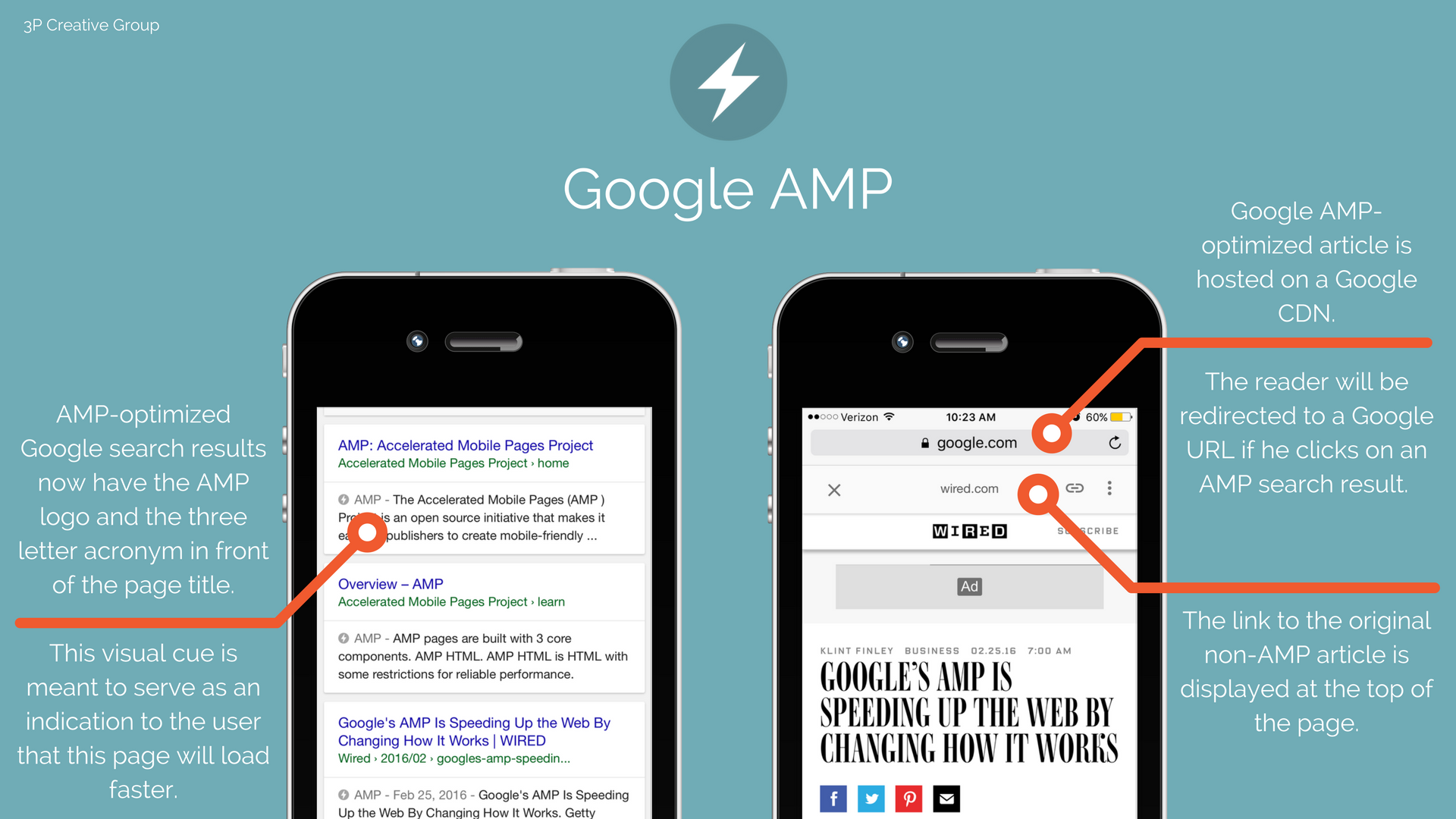To All Procrastinators: It Is Time To Decide On Google Analytics 4 Now
You probably have seen Google's warning every time you've logged into Google Analytics in the last few months. You need to switch to GA4 if you want to continue gathering visitor data from your website because Google Analytics will stop processing data from the Universal Analytics version on July 1st, 2023 (July 1st, 2024 for 360 UA customers).
You might be worried that your competitors who switched a while ago have been enjoying a competitive advantage. That's possible. But the probability that they have been frustrated time and time again with GA4 is also highly likely.
So what exactly is Google Analytics 4 (GA4)? Should you click on the link in the banner to start the process? What are the differences between GA4 and Universal Analytics (UA)? Let's get into it.
The why & when of switching
Several things occurred that created and exacerbated the need for Google to make a successor to Universal Analytics, namely:
- GDPR came into force in 2016 and has been applicable since 2018
- The EU-US Privacy Shield agreement, adopted in 2016, which allowed data collected from the EU to be stored in the U.S., was dissolved in 2020
- Google lost lawsuits related to being GDPR compliant with its US product
I will not be going into depth regarding the rulings and lawsuits (IP address anonymization was a big issue). However, the fact is that it has been determined that Universal Analytics is not GDPR compliant, so Google was fined, and GA4 is the answer — maybe.
As for the timing, obviously, you want to switch before July 1st to continue to receive data on your website. But the process might not be entirely straightforward for your organization, so mid-June is a good starting point. Your procrastination up until this point hasn't been too detrimental.
Differences between UA & GA4
Privacy at the forefront
One of the main differences between the two versions is IP address anonymization. In UA, the option to anonymize IPs was not switched on by default. In GA4, it is switched on and cannot be changed by users.
Even with the anonymization feature turned on, several European countries like France and Italy still had issues with Google Analytics (UA), as it only masked part of the IP, and other tracking features could be used to identify the user according to their findings.
As GA4 continues to evolve after its release, its compliance with the European GDPR, UK GDPR, and other privacy regulations will play a major role in shaping how it works.
Another major difference, which is one of the most frustrating, is data storage. With UA, you had unlimited storage going as far back as when you had the tracking code active on your site. It held years of data which analyzed the ups and downs of visitors and how they interacted with your site based on:
- Promotions run
- Paid ads
- Email campaigns
- New iterations of your website
- New marketing agency/internal marketing hires
- A shift in product/service offerings
- Google algorithm changes
- etc.
The unlimited storage option does not exist with GA4, and Google did not make it apparent either. The options given in the settings are to retain two or 14 months of data, with the two (2) month option being set as the default. Google might offer longer storage of GA4 data at a premium, possibly with the 360 platform. Time will tell.
IMPORTANT: This is where early adopters of GA4 got burned, as they didn't realize only the last two months of data were available, and didn't back up their data, so now they have a gap.
Speaking of backing up your data, if you do have years of analytics you want to hold onto, then you need to back up your UA data before it is gone. You can export it to several formats like CSV, XSLX, Google Sheets, PDF, etc. And according to Google's FAQ, you will still have access to your data for at least six (6) months after July 1st, but you will lose access eventually, so don't procrastinate on this task.
Issues & benefits with GA4
While migrating to GA4 isn't as major of an operation as going from Windows 10 to Windows 11, it still isn't as easy as Google makes it seem. To facilitate the transition, major CMS platforms like HubSpot and WordPress have already created guides, added fields to insert the code, etc., but if you don't have a CMS, you can directly put the code in the <head> section of your website. Alternatively, you can use Google Tag Manager to put in the code.
Besides the above-mentioned loss of historical data and the limited storage time frame for new data, GA4 has been very buggy — to the point where the data obtained from it at some points should not be viewed as 100% accurate.
And there is still the issue of whether or not you can use it in countries like Italy, France, etc. that have said Universal Analytics is in violation of privacy restrictions and either shouldn't be used or should be outright banned. Switching to GA4 won't necessarily fix this issue without the governing bodies expressly stating that GA4 has corrected the privacy issues and is allowed. And that could take years in some cases.
However, it is not all bad. GA4 allows you to track a visitor over multiple devices and from website to app. There is more customization to create important triggers and events for your website/business. Tracking a visitor through the whole customer journey is more robust. For instance, you can create custom triggers to see if a visitor is getting lost in your menu choices, without having additional tracking software like Hotjar installed.
If you have a specific action you want tracked across multiple devices on your website and app, and you were unable to do it in UA, most actions (with some trial and error) can be accomplished in GA4.
GA4 also has more offerings that are geared to larger businesses and enterprises, with BigQuery (SQL) being supported without additional setup steps. This could hamper SMBs as they might not have the technical know-how to take advantage of these features. Also, setting up GA4 in a way that works best for your website might require a level of technical skill an SMB marketer doesn't have.
The (il)legality of GA4 in the EU
As mentioned earlier, some EU countries, at worst, have expressly banned the use of Google Analytics — the Universal Analytics version. At best, these countries have provided legal avenues for individuals to take, and have threatened legal actions against companies they feel have abused their privacy.
Either way, with the language of the GDPR being interpreted differently and with the existence of plenty of grey areas regarding whom it applies to (i.e., hosted in or out of the EU, EU citizen/resident accessing the site from abroad, etc.), it could be prudent to forgo Google Analytics altogether for another solution.
Right now there are plenty of analytics software companies stating that they put privacy first, are GDPR compliant, have better features than GA4, have unlimited storage, are using generative AI, etc.
Pricing varies with each solution based on the features included and the amount of traffic/activity on the site. For sites on the lower end of activity, the cost is nominal. Plausible, PostHog, and Matomo are some of the many choices available.
The advantage of forgoing Google and switching to a GDPR-compliant competitor is knowing that you are protected from fines and lawsuits.
Conclusion
We are now in June — less than a month from when you need to decide on how you will track your website visits going forward. For SMBs in the US, the free-to-use GA4 might seem like a no-brainer. However, considering how technical, buggy, and riddled with potential data issues GA4 is (i.e., California also has strict privacy laws), a low-cost, easier-to-use, paid solution might be favorable.
For larger organizations, the enterprise features, i.e., SQL databases, that GA4 offers and the customization options can be very beneficial. But those features need to be weighed against the GDPR issues, especially if you do business in Europe.
Share this
You May Also Like
These Related Stories

5 Essential Stats You Can Track With The HubSpot Email Analytics Dashboard

Google AMP On HubSpot: How To Take Advantage Of This New Feature

.png?width=250&height=125&name=TrustBuilderLogoWhiteTranspBackgr(250x125%20px).png)



No Comments Yet
Let us know what you think